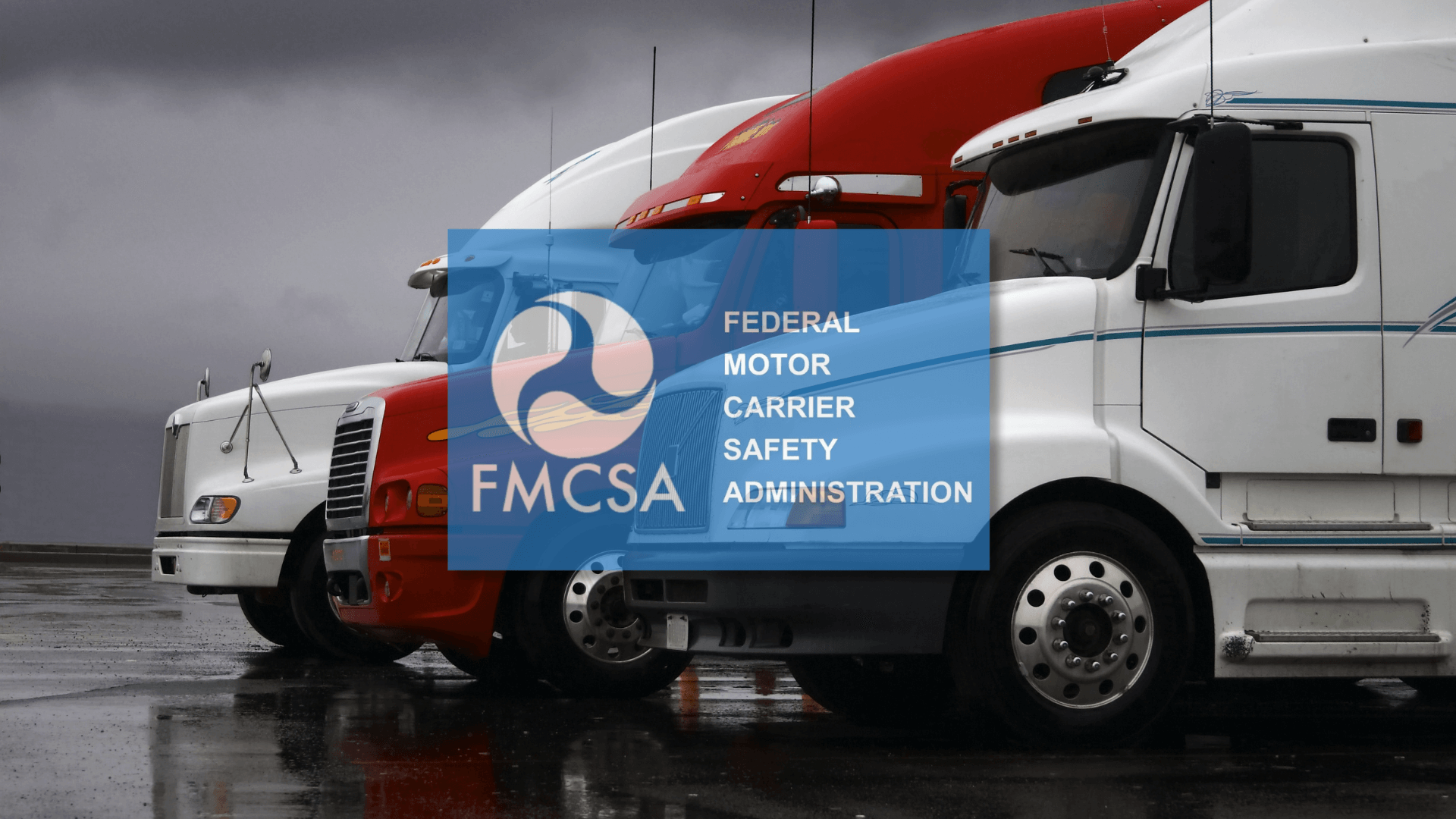Ensuring Road Safety Through Compliance
The Importance of Drug & Alcohol Testing in Commercial Transportation
The Federal Motor Carrier Safety Administration (FMCSA), in collaboration with the Department of Transportation (DOT), mandates strict drug and alcohol testing programs for commercial drivers. These regulations are designed to ensure road safety, protect the public, and maintain the integrity of the transportation industry.
Stay compliant and keep the roads safe. Read on to understand your responsibilities.
FMCSA Drug & Alcohol Testing Program: A Comprehensive Guide
What Is the FMCSA Drug & Alcohol Testing Program?
The FMCSA Drug & Alcohol Testing Program is a regulatory framework that ensures commercial drivers are free from substance abuse while operating commercial motor vehicles (CMVs). This program outlines testing procedures, required frequency, and specific substances that must be screened.
Who Is Affected?
The following groups must comply with FMCSA’s drug and alcohol testing rules:
- Employers of CDL Drivers – Companies employing commercial drivers for public road operations.
- CDL Holders – Drivers operating CMVs in interstate or intrastate commerce.
- Motor Carriers – Both interstate and intrastate carriers must comply.
- Government Entities – Federal, state, and local agencies employing CMV drivers.
- Civic & Faith-Based Organizations – Groups like veteran transport services and non-profits utilizing CMVs.
Testing Requirements and Procedures
The FMCSA mandates several types of drug and alcohol testing:
- Pre-Employment Testing – Required before a driver operates a CMV.
- Random Testing – Conducted unpredictably throughout the year.
- Post-Accident Testing – Required under specific accident conditions.
- Reasonable Suspicion Testing – If a trained supervisor suspects impairment.
- Return-to-Duty & Follow-Up Testing – Necessary after a violation.
Resources for Drivers
Drivers must comply with all drug and alcohol regulations to maintain their CDL status. The FMCSA provides comprehensive resources explaining:
- Drug and alcohol testing rules.
- Required tests and their procedures.
- Rights and responsibilities under the law.
Learn more about your responsibilities as a driver here.
Resources for Employers
Employers are responsible for enforcing compliance with drug and alcohol testing regulations. This includes:
- Implementing and managing a testing program.
- Educating employees on compliance.
- Reporting violations to FMCSA’s Drug & Alcohol Clearinghouse.
Get detailed employer guidance here.
Understanding the FMCSA Drug & Alcohol Clearinghouse
The FMCSA established the Commercial Driver’s License (CDL) Drug & Alcohol Clearinghouse, a national database for tracking drug and alcohol violations. Key requirements include:
- Employers must query the Clearinghouse before hiring a new CDL driver.
- Employers must conduct annual queries for existing drivers.
- All violations must be reported to the Clearinghouse.
- Drivers must complete a return-to-duty process before resuming operations after a violation.
Access the Clearinghouse and registration details here.
Consequences of Non-Compliance
Failure to comply with FMCSA’s drug and alcohol testing regulations can lead to:
- Fines and penalties for both employers and drivers.
- Loss of CDL privileges for drivers testing positive.
- Legal liabilities for motor carriers.
- Business restrictions and reputational damage.
Need Assistance with Compliance?
Staying compliant with FMCSA regulations can be complex, but you don’t have to navigate it alone. Transport Specialists is here to help!
📞 Contact our team today to ensure your company meets all FMCSA requirements and stays on the road legally and safely.

